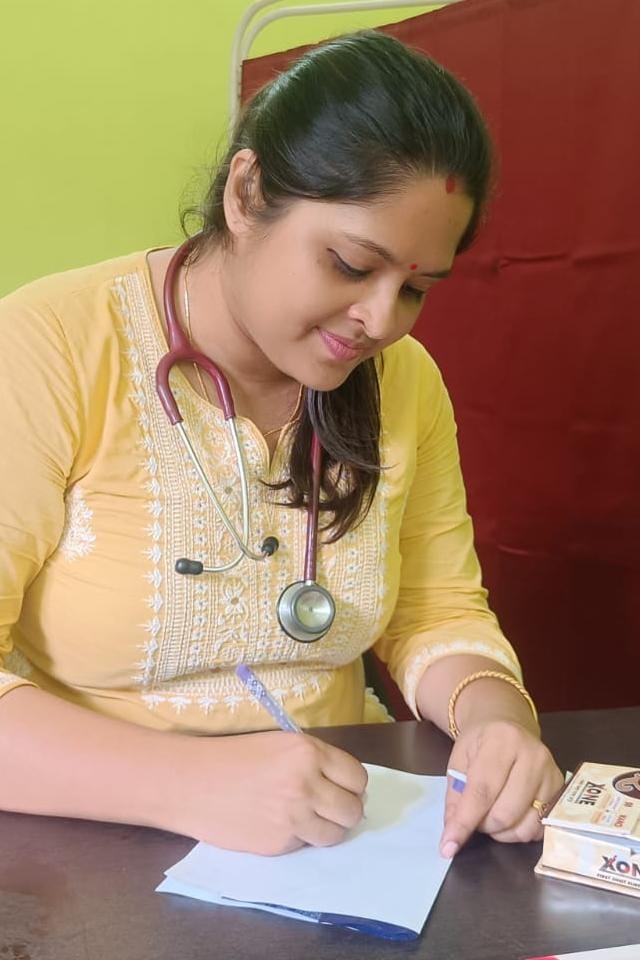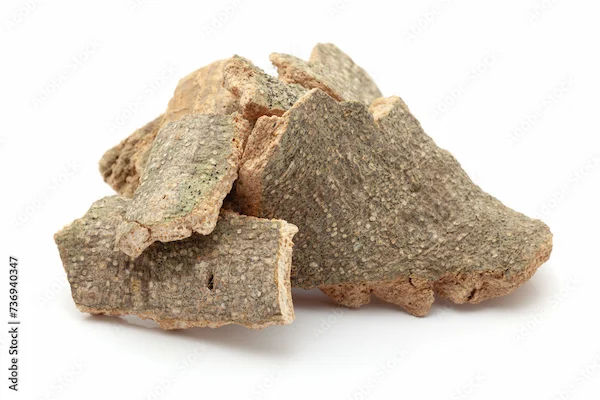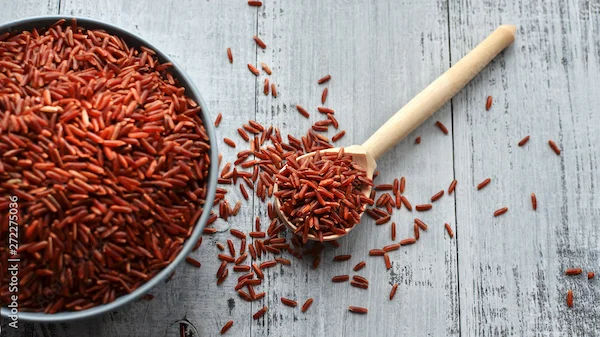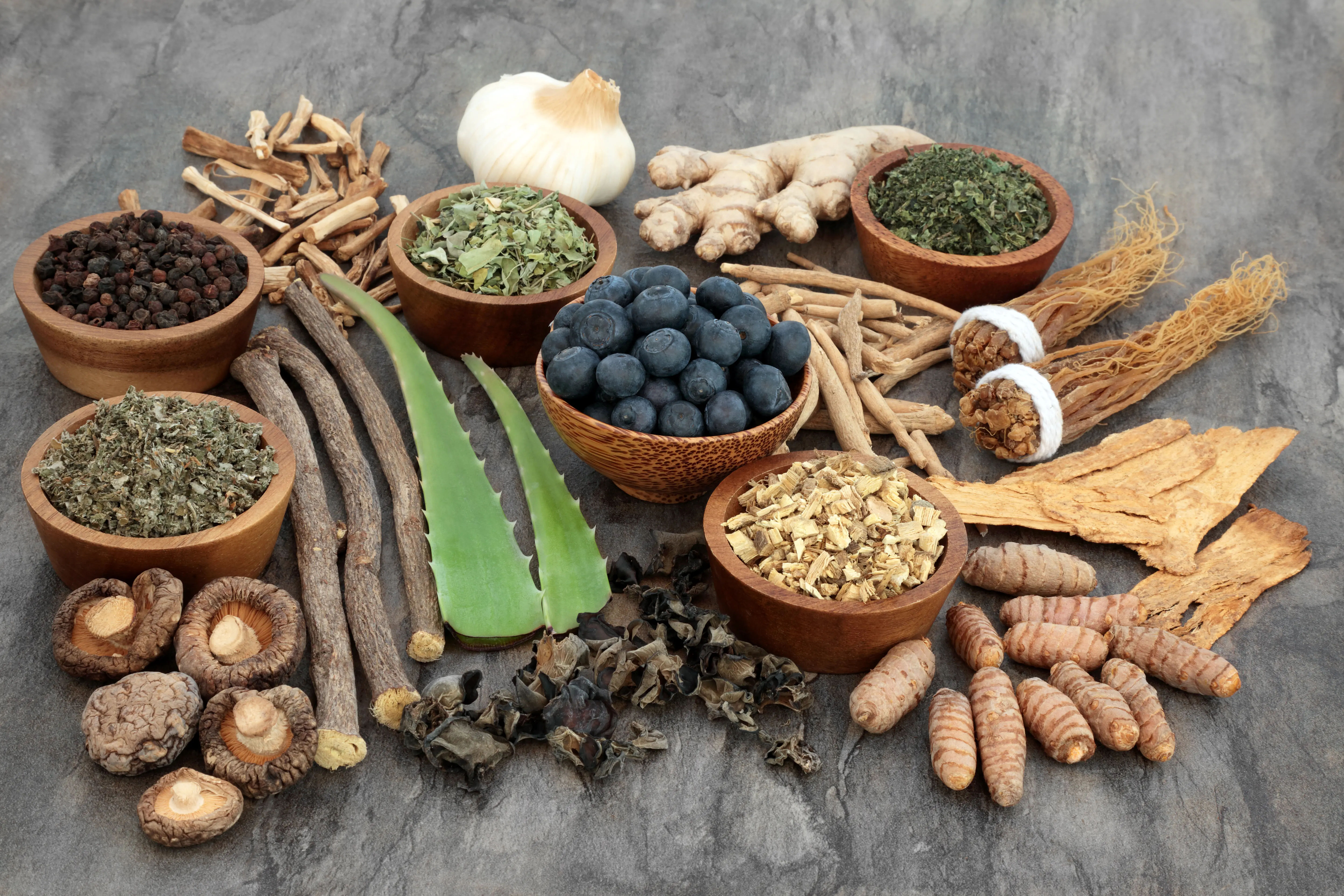Chickenpox and Monkeypox: Key Differences
Explore the key differences between chickenpox and monkeypox, including causes, symptoms, transmission, and treatment. Learn how to identify and manage each condition effectively.


Introduction
If you or someone you know has developed a rash or blisters, you might be wondering whether it’s chickenpox or monkeypox. While both illnesses cause similar-looking skin symptoms, they are different infections with distinct causes, symptoms, and treatments. Understanding these differences can help you take the right steps for care and prevention.
What Are Chickenpox and Monkeypox?
Chickenpox: Chickenpox is a common viral infection caused by the varicella-zoster virus (VZV). It mostly affects children but can also occur in unvaccinated adults. The infection is highly contagious and spreads easily through coughing, sneezing, or direct contact with fluid from the blisters.
Monkeypox: Monkeypox is caused by the monkeypox virus, which belongs to the same family as smallpox. It is less contagious than chickenpox and primarily spreads through close physical contact, including skin-to-skin contact with an infected person’s rash, bodily fluids, or contaminated objects like bedding.
Key Differences Between Chickenpox and Monkeypox
Here are some differences between chickenpox and monkeypox:
1. Symptoms
Chickenpox Symptoms:
- Itchy rash that starts as red spots and turns into fluid-filled blisters.
- Blisters appear in waves, meaning new ones form while older ones scab over.
- Fever, fatigue, headache, and loss of appetite.
- Rash usually starts on the face, chest, and back before spreading.
Monkeypox Symptoms:
- Rash that progresses from flat lesions to raised bumps, then blisters filled with fluid or pus.
- Fever, chills, swollen lymph nodes (a key difference from chickenpox), muscle aches, and exhaustion.
- Rash often begins on the face or genital area before spreading.
- Unlike chickenpox, monkeypox lesions may appear all at the same stage in one area.
2. How They Spread
Chickenpox spreads easily through the air (coughing/sneezing) and direct contact with blisters.
Monkeypox spreads mainly through close physical contact, including sexual contact, touching contaminated surfaces, or respiratory droplets during prolonged face-to-face contact.
Consult Top Specialists for Personalised Tips
3. Who Is at Risk?
Chickenpox mostly affects unvaccinated children, but adults who haven’t had it before can also get infected.
Monkeypox can affect anyone, but recent outbreaks have been more common in men who have sex with men (though anyone can contract it).
4. Severity and Complications
Chickenpox is usually mild in children but can cause severe complications in adults, pregnant women, and people with weak immune systems (e.g., pneumonia, encephalitis).
Monkeypox can be more severe, especially in immunocompromised individuals, leading to secondary infections or scarring.
5. Treatment and Prevention
Chickenpox:
- Vaccination (Varicella vaccine) is the best prevention.
- Antiviral medications (like acyclovir) may help if taken early.
- Rest, hydration, and calamine lotion for itching.
Monkeypox:
- Smallpox vaccine (JYNNEOS) can provide protection.
- Antivirals (like tecovirimat) may be prescribed for severe cases.
- Isolation until all scabs fall off to prevent spreading.
When to See a Doctor?
If you or your child develop:
A rash with fever or swollen lymph nodes.
Difficulty breathing, confusion, or severe weakness.
A rash that spreads rapidly or becomes painful.
It’s best to consult a doctor to confirm whether it’s chickenpox or monkeypox. Early diagnosis helps in managing symptoms and preventing complications.
Prevention Tips
For Chickenpox:
Get vaccinated (two doses for full protection).
Avoid close contact with infected individuals.
Practice good hygiene (washing hands frequently).
For Monkeypox:
Avoid close contact with infected people or contaminated items.
Use protection during intimate contact.
Wash hands thoroughly with soap and water.
Conclusion
While chickenpox and monkeypox share some similarities, they are different infections requiring different approaches to care. If you suspect either condition, seek medical advice promptly. Vaccination remains the best defense against chickenpox, while awareness and precautions help prevent monkeypox.
If you need expert advice, you can consult a doctor on Apollo 24|7 for accurate diagnosis and treatment.
Consult Top Specialists
Consult Top Specialists for Personalised Tips

Dr. Rajib Ghose
General Physician/ Internal Medicine Specialist
26 Years • MBBS
Kolkata
B Ghose Foundation Doctor's Chamber, Kolkata
(25+ Patients)

Dr. Rajib Ghose
General Practitioner
25 Years • MBBS
East Midnapore
VIVEKANANDA SEBA SADAN, East Midnapore

Dr. Swathi Reddy Perugu
General Physician/ Internal Medicine Specialist
7 Years • MBBS, MD (General Medicine)
Hyderabad
Health plus, Hyderabad

Divyashree K
General Physician/ Internal Medicine Specialist
5 Years • MBBS
Bengaluru
Apollo Clinic, JP nagar, Bengaluru

Dr. Swagata Sircar
General Physician/ Internal Medicine Specialist
8 Years • MBBS, MD General Medicine
Kolkata
HealthYou Speciality Clinic & Diagnostics., Kolkata
(50+ Patients)
Consult Top Specialists

Dr. Rajib Ghose
General Physician/ Internal Medicine Specialist
26 Years • MBBS
Kolkata
B Ghose Foundation Doctor's Chamber, Kolkata
(25+ Patients)

Dr. Rajib Ghose
General Practitioner
25 Years • MBBS
East Midnapore
VIVEKANANDA SEBA SADAN, East Midnapore

Dr. Swathi Reddy Perugu
General Physician/ Internal Medicine Specialist
7 Years • MBBS, MD (General Medicine)
Hyderabad
Health plus, Hyderabad

Divyashree K
General Physician/ Internal Medicine Specialist
5 Years • MBBS
Bengaluru
Apollo Clinic, JP nagar, Bengaluru

Dr. Swagata Sircar
General Physician/ Internal Medicine Specialist
8 Years • MBBS, MD General Medicine
Kolkata
HealthYou Speciality Clinic & Diagnostics., Kolkata
(50+ Patients)


.webp)

